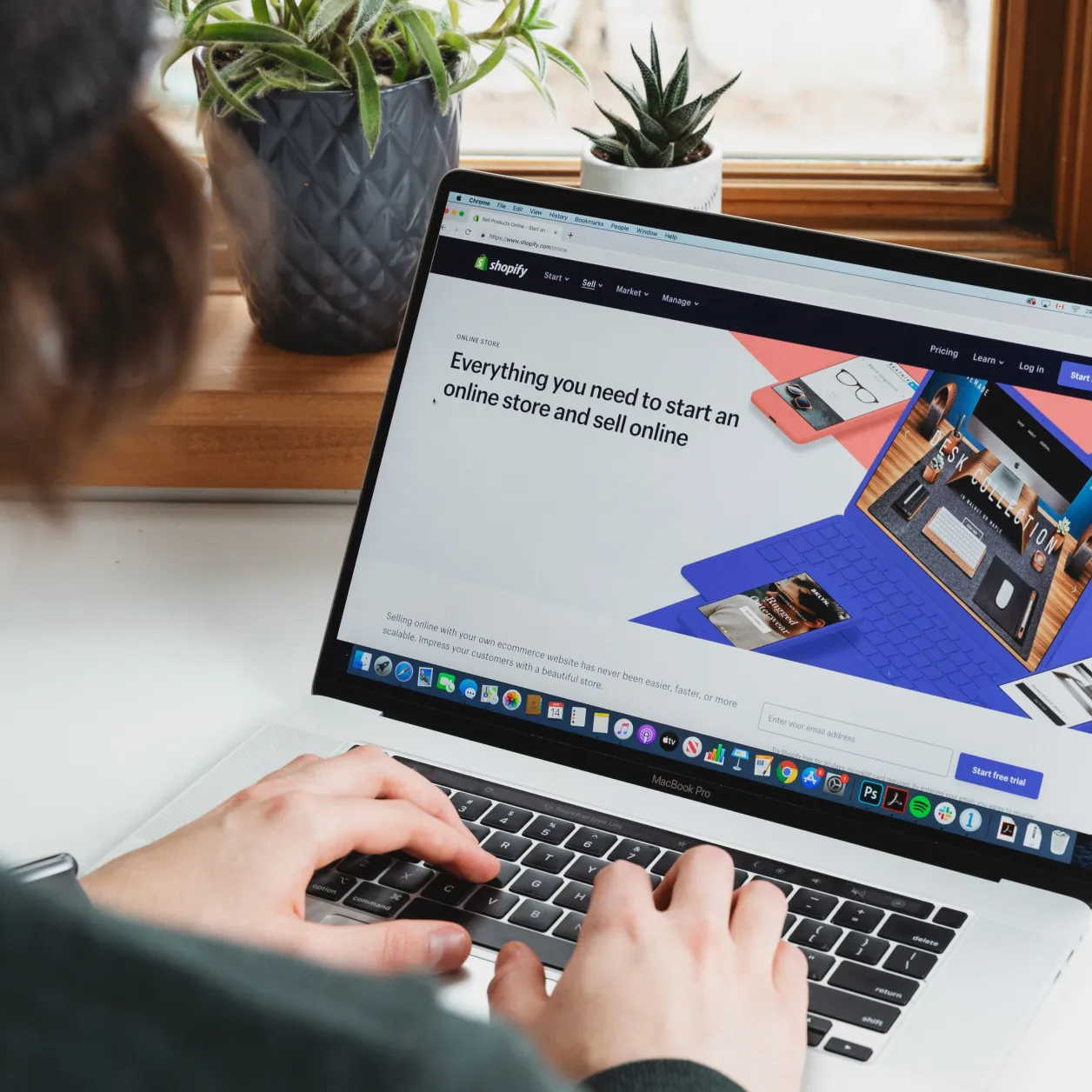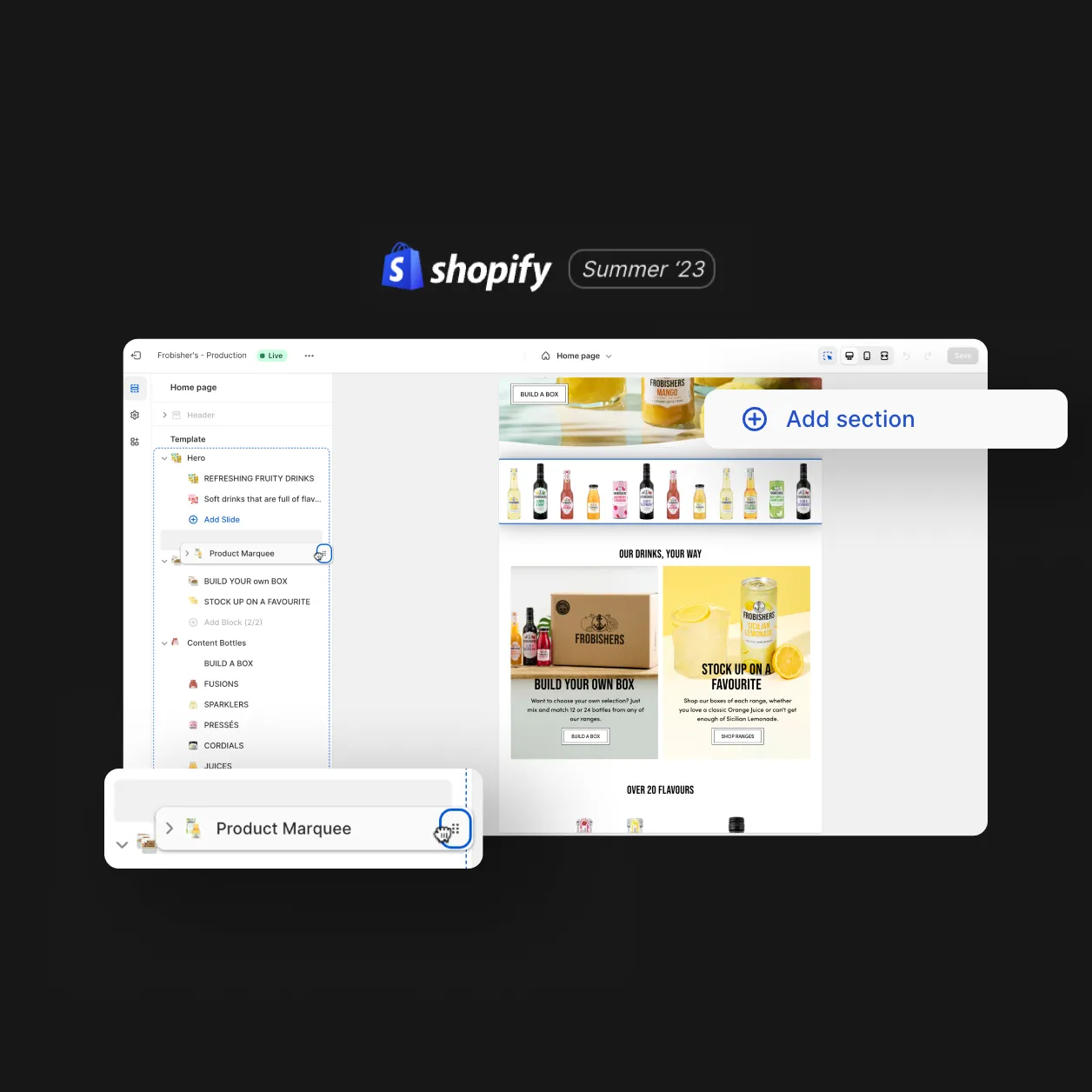
If you’re looking to understand what SEO is and how it can be relevant to your business, our beginners guide to SEO is for you. The world of search engine optimisation is complex and ever-changing but it’s a key element of inbound marketing. If you can understand the basics, even a small amount of SEO knowledge can make a big difference and transform your business.
In order to succeed, you have to start with getting the fundamentals of SEO right.
What is SEO?
SEO stands for “search engine optimisation.” It’s the practice of increasing both the quality and quantity of your website traffic, as well as exposure to your brand, through non-paid or “organic” search engine results.
SEO is technical but it’s equally about people. Understanding what people are searching for; the answers that they want, the terms that are relevant and the content that is useful. A balance between research, intuition, an understanding of the industry – as well as technical know-how – is essential for an SEO strategy to be effective.
Is SEO right for my business?
93% of all online experiences begin with a search engine. Therefore, it’s highly likely that search marketing needs to be considered by your business. To start developing a strategy, you need to ask yourself if you’re being found in search results for:
For us, this would include phrases such as “SEO” or “Digital Marketing”. It’s unlikely you will rank for these broad terms (known as “broad match” keywords) but there is an opportunity to rank – and often a higher propensity to take action – when you appear for more niche terms. For example “SEO for startups” or “SEO for small business” or “SEO services in Exeter”.
• Local SEO: The example above neatly brings us onto the relevance of local SEO – A key element of marketing for any small business with bricks and mortar space. It does involve ranking for keywords like the above but it also entails listing your website in the best places for it to be found, such as Google Maps and review sites.
So, those are your entry levels points to whether or not you need SEO – how did you score? If you aren’t visible for any of those terms, you probably need to learn a little more.
So what are the practical parts of SEO?
SEO can be loosely split into on-page or off-page SEO. This basically means stuff that you can do on your website and stuff that happens off your website.
On-Page SEO:
Technical changes on your website. This includes things such as title tags, metadata, XML sitemaps, website structure & more.
Off-Page SEO:
Off-page SEO is also known as ‘link-building’ or ‘back links’. It involves getting other websites to link to yours in an effective, non-spammy way.
Our goal is to ensure that the best and most relevant answers are provided to the question that is being asked in the search bar. The means to achieve this often require a blend of On-page and off-page SEO tactics but the basics of having more content on your website, valuable inbound links from other respected sites and keeping your site in good order – will start to gain more clout and therefore exposure in search engines.
While the principles are simple, this can be complicated, time-consuming and ultimately requires consistency.
Many people will claim that it’s easy to write a blog post to help “boost SEO” but they forget that the quality of content needs to be original, useful and relevant to the original search query that was asked. This is why skill and experience is required.
White hat vs black hat SEO
“White hat SEO” refers to SEO techniques, best practices, and strategies that abide by search engine rules, its primary focus to provide more value to people.
“Black hat SEO” refers to techniques and strategies that attempt to spam/fool search engines.
While black hat SEO can work, it puts websites at tremendous risk of being penalised and/or de-indexed (removed from search results) and has ethical implications. Penalised websites have bankrupted businesses. It’s just another reason to be very careful when choosing an SEO expert or agency.
Summary:
There is a hierarchy of needs when applying SEO tactics. Without having the first in place, the next one becomes irrelevant:
- Crawl accessibility so engines can read your website
- Compelling content that answers the searcher’s query
- Keyword optimised to attract searchers & engines
- Great user experience including a fast load speed and compelling UX
- Share-worthy content that earns links, citations and amplification
- Title, URL and description to draw high CTR in the rankings
- Snippet/schema markup to stand out in SERPs
While paid advertising, social media and other online platforms can generate traffic to websites, the majority of online traffic is driven by search engines so it’s important to maximise the potential. Click on this link to read more about how to write content for SEO.
Design
Inspiring behaviour change through visual experiences. Our digital design services ensure instant clarity and visuals that cut-through in a cluttered market.




